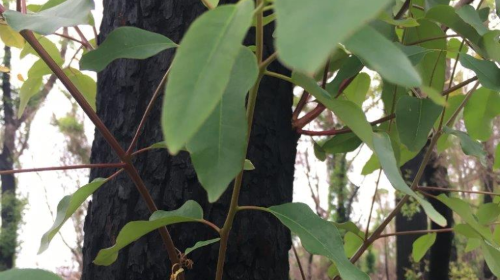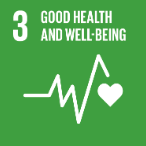Understanding the cultural utility of SMART recovery for Aboriginal peoples
PhD project. University of Wollongong and Centre of Research Excellence Indigenous Health and Alcohol
Background
Substance use disorders such as those relating to harmful use of alcohol and illicit drugs and problematic behaviours such as gambling, contribute significantly to the overall disease burden for Australia’s Aboriginal peoples. They also contribute heavily to the transmission of intergenerational trauma stemming from colonisation. Mutual support groups such as SMART Recovery, are one of the world’s most popular and prevalent forms of treatment for these disorders however there is a lack of empirical literature for understanding either the cultural utility or benefits associated with attendance for Aboriginal peoples.
What we did
This PhD research involves a series of three studies to determine the cultural utility of SMART Recovery Australia. The overall thesis methodology is decolonisation research (Smith, 2013) and each study will be conducted using a combination of Indigenous and Western research methods.
Study 1 is a systematic review to determine the nature and scope of research that has addressed mutual support groups for the Indigenous Peoples of Australia, New Zealand, Canada, United States of America and Hawaii.
Study 2 is a mixed methods study to explore the views of Aboriginal people attending SMART Recovery and observe Aboriginal-led SMART Recovery groups.
Study 3 is a modified Delphi study to obtain expert feedback from a panel of Aboriginal drug and alcohol professionals and Aboriginal SMART recovery facilitators and group members regarding the cultural utility of existing SMART recovery program materials
This project will be the first of its kind conducted within Australia to explore the views and experiences of Aboriginal people who attend SMART Recovery. It is expected that the evidence gained from the research will contribute to increasing the knowledge base for understanding how mutual support groups can be used by and for Aboriginal people in ways that are appropriate and meaningful in their recovery.
Upon cessation of the study, an Aboriginal SMART Recovery governance and consultation committee is expected to be formally established serving to guide and support SMART Recovery Australia with any future program modifications or any other operations that might impact on Aboriginal people.
Publication
Dale, E., P. Kelly, K. Lee, J. H. Conigrave, R. Ivers and K. Clapham (2019). "Systematic review of addiction recovery mutual support groups and Indigenous people of Australia, New Zealand, Canada, the United States of America and Hawaii " Addictive Behaviours 98: 106038-106031-106038-106037.




